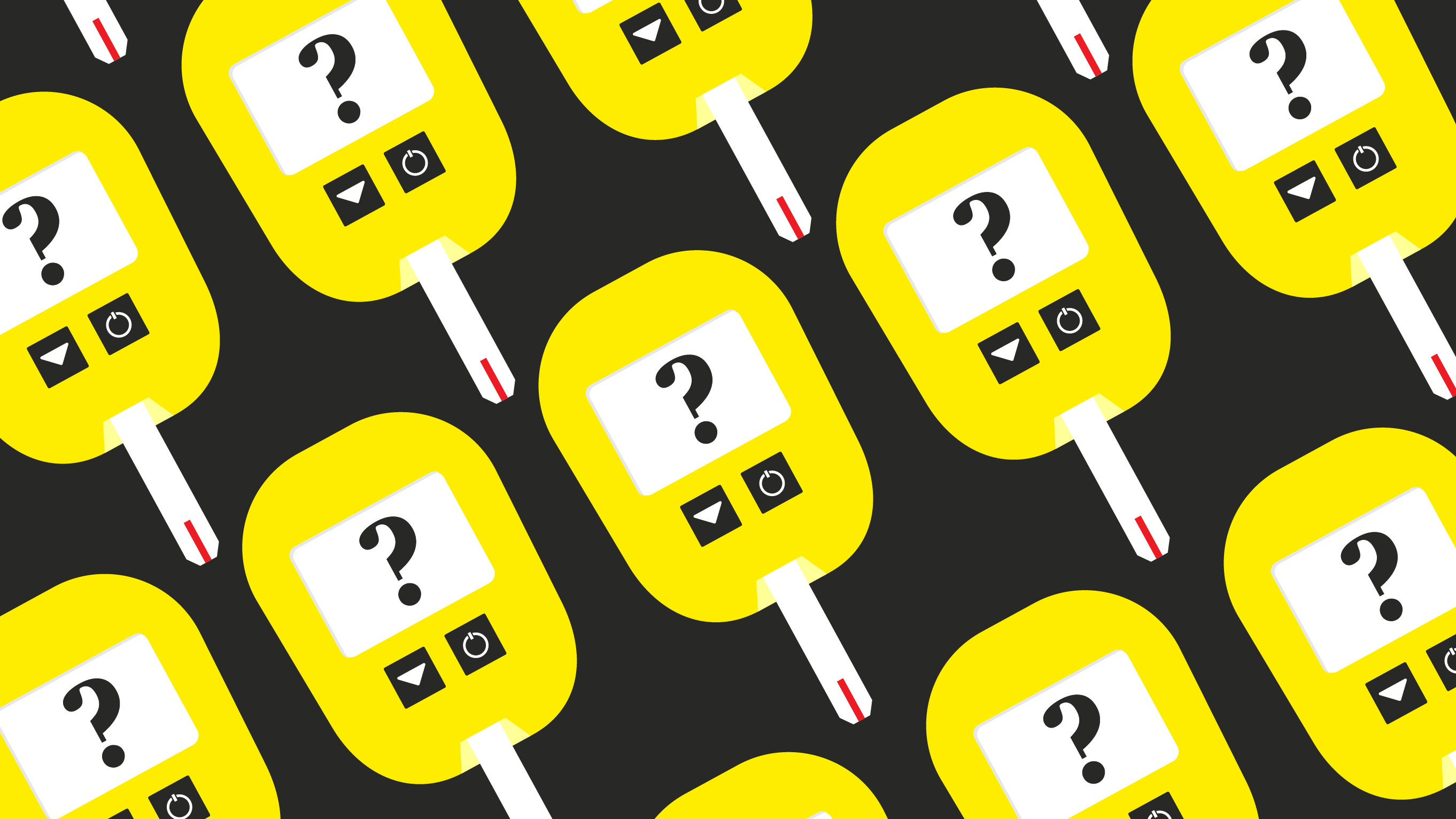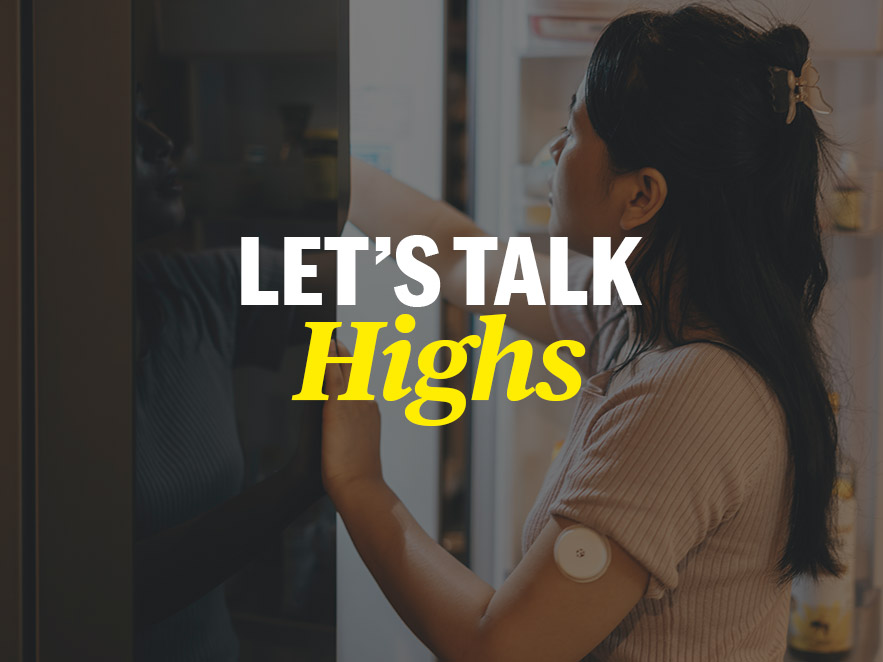Let’s Talk Diabetes: The Importance of Language
Written by: Beyond Type 1 Editorial Team
2 minute read
September 1, 2017
We created a language guide for those with good intentions, who want to learn more about diabetes-related language, or those who want to use more empowering language when talking about themselves or others for the same reason: because language matters.
There are a lot of things about type 1 diabetes or type 2 diabetes that are hard to explain outside of the diabetes community: we field questions about what a “good” number is, explain what our accouterments are, confirm that “Yes, people with diabetes can eat cupcakes,” and struggle to describe how psychologically demanding life with diabetes can feel.
What makes for more challenging communication is language that constantly changes, and varying standards for what’s acceptable and what isn’t. The change itself is up for discussion—there’s a reason nearly 2,000 people have responded to Beyond Type 1 CEO and co-founder Sarah Lucas’s poll on the Beyond Type 1 app about “Being called or referred to as a ‘DIABETIC’.”
We created a language guide for those who mean well, who want to learn more about language surrounding diabetes, or those who want to use more empowering language when talking about themselves or others for that same reason: because language matters. There are many ways of saying the same thing, and some options might sound better to you than others!
If you’re using …
- Diabetics vs. non-diabetics
- Diabetics vs. “normal” people
Try
- “Katie has type 1 diabetes” or “Katie has type 2 diabetes”
Some people don’t want to be defined by their condition; others don’t want to feel as if there are two “sides” and they only belong to one group. This language can help alleviate both negative feelings.
If you’re using …
- Illness
- Disease
- “Sugar disease”
Try
Fun fact: It’s called “sukkersyge” in Denmark, and the term “sugar disease” is used in parts of the United States. We spoke with some people with type 1 who say this phrase sounds like diabetes means they’re “allergic to sugar,” which isn’t true!
If you’re asking …
- What’s your number?
- Is that number good or bad?
Try
- How are you feeling?
We know that diabetes affects mental health, and separating our personal value from the numerical values we deal with everyday can be a refreshing reminder that we are greater than the highs and lows of diabetes—a phrase seen on many a tattoo!
If you’re using adjectives like …
- Uncontrolled
- Non-compliant
Try
- Challenging
- Engaged
Life with diabetes isn’t easy. Describing the effort it takes to live with it everyday can be judgmental, or it can be empowering—our friends at diaTribe list “engaged” on their guide for this reason.
If you’re using phrases like …
- Struggling with a high or low blood sugar
- Fighting a high or low blood sugar
Try
- Managing diabetes
- Learning how to live with diabetes
Fighting is exhausting—and fights have winners and losers, just like tests have passes and fails. Managing diabetes requires symbiosis and working with our bodies, and language can support a positive attitude.
If you’re asking …
- Should you be eating that?
- Can you eat this?
Try
- Not saying anything at all!
Even if you have the kindest of intentions, sometimes saying nothing is the best course of action.
Sign up for our newsletter!

Author
Beyond Type 1 Editorial Team
Beyond Type 1 is the largest diabetes org online, funding advocacy, education and cure research. Find industry news, inspirational stories and practical help. Join the 1M+ strong community and discover what it means to #LiveBeyond a diabetes diagnosis.
Related Resources

Hyperglycemia—or high blood sugar—can sneak up on you, whether it’s from a missed dose, a...
Read more

Curious about how to join a diabetes clinical trial? If so, good on ya’, because...
Read more

Diabetes clinical trials pave the way for how we manage and treat type 1 and...
Read more


